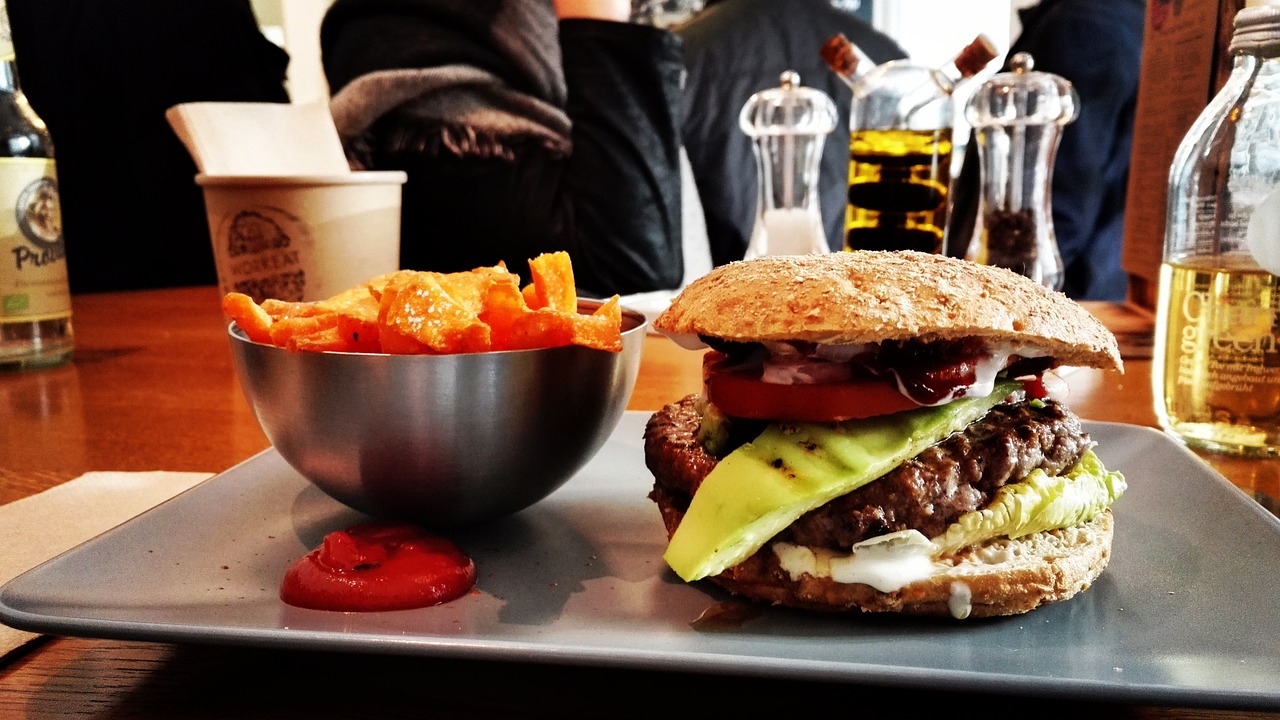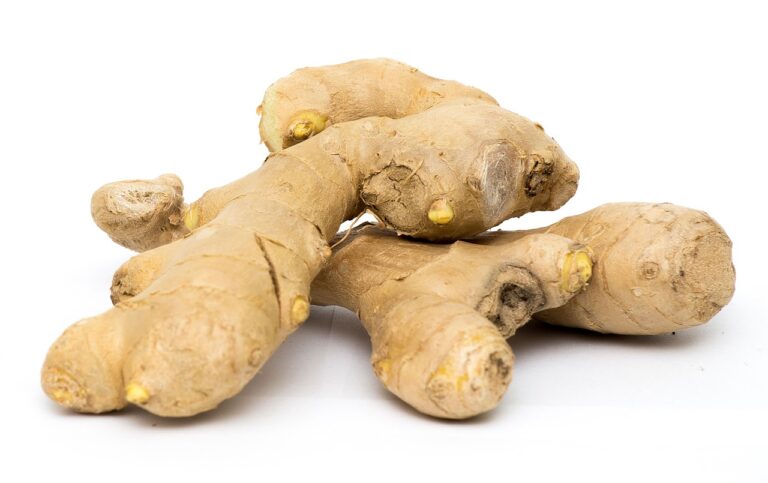Exploring the Cultural Significance of Coffee Rituals and Ceremonies
11xplay com, gold365, skyfairs:When we think about coffee, many of us envision it as a quick pick-me-up in the morning or a delicious beverage to enjoy while catching up with friends. However, coffee is much more than just a drink it holds deep cultural significance in many societies around the world. From intricate rituals to elaborate ceremonies, the way coffee is prepared and consumed can vary greatly from one culture to another.
In this article, we will delve into the fascinating world of coffee rituals and ceremonies, exploring the rich cultural traditions that have developed around this beloved beverage. From the Ethiopian coffee ceremony to the Italian espresso tradition, each culture brings its own unique flair to the art of coffee consumption.
Ethiopian Coffee Ceremony
One of the most well-known and elaborate coffee ceremonies is the traditional Ethiopian coffee ceremony. In Ethiopia, coffee holds a special place in society, with the ceremony being a symbol of hospitality and community. The process typically begins with the washing and roasting of the coffee beans, which are then ground by hand using a mortar and pestle. The freshly ground coffee is then brewed in a traditional clay pot known as a jebena, and served in small cups called finjal.
The ceremony is an opportunity for friends and family to come together, share stories, and bond over a delicious cup of coffee. It is a time-honored tradition that has been passed down through generations, and is a vital part of Ethiopian culture.
Italian Espresso Tradition
In Italy, coffee is a way of life. The Italian espresso tradition is renowned worldwide for its strong, rich flavors and distinctive preparation methods. Espresso is typically served in small cups known as demitasse, and is enjoyed throughout the day as a quick and invigorating pick-me-up.
Italian cafes, or “bars,” are an integral part of Italian culture, serving as social hubs where people gather to chat, relax, and enjoy a cup of coffee. The act of standing at the bar and sipping an espresso is a beloved ritual for many Italians, and is a quintessential part of the Italian way of life.
Turkish Coffee Fortune Telling
In Turkey, coffee is not just a beverage it is a form of divination. Turkish coffee fortune telling, or fali, is a popular practice in which the drinker’s future is foretold by reading the patterns formed by the coffee grounds in the cup. After enjoying their coffee, the drinker flips the cup upside down on the saucer and allows the grounds to settle. The reader then interprets the shapes and symbols left behind to predict the drinker’s fate.
Turkish coffee fortune telling is a fun and intriguing tradition that has been passed down through generations, and is a popular pastime at gatherings and social events.
Japanese Tea and Coffee Ceremonies
In Japan, both tea and coffee have their own unique ceremonies that reflect the country’s rich cultural heritage. The Japanese tea ceremony, or chanoyu, is a formal ritual that involves the preparation and serving of matcha, a powdered green tea. The ceremony is steeped in tradition and symbolism, and is a way for participants to connect with nature and appreciate the beauty of simplicity.
Similarly, the Japanese coffee ceremony, known as kissa-ten, is a more relaxed affair that focuses on the art of coffee brewing and presentation. Japanese coffee shops are known for their meticulous attention to detail and emphasis on quality, making a visit to a kissa-ten a truly memorable experience.
Brazilian Coffee Rituals
In Brazil, coffee holds a special place in the hearts of its people. The country is one of the largest producers and exporters of coffee in the world, and the beverage is deeply ingrained in Brazilian culture. From the bustling coffee shops of S㯠Paulo to the tranquil coffee farms of Minas Gerais, coffee plays a central role in Brazilian society.
One popular Brazilian coffee tradition is the caf麩nho, a small and strong cup of black coffee that is typically served after meals as a digestive aid. The caf麩nho is a symbol of hospitality in Brazil, and is often offered to guests as a gesture of welcome and friendship.
Conclusion
Coffee rituals and ceremonies are a fascinating window into the diverse cultures and traditions that make up our world. From the elaborate Ethiopian coffee ceremony to the relaxed Japanese kissa-ten, each culture brings its own unique spin to the art of coffee consumption. Whether enjoyed alone or shared with others, a cup of coffee is much more than just a drink it is a symbol of hospitality, community, and connection.
FAQs
1. What is the significance of the Ethiopian coffee ceremony?
The Ethiopian coffee ceremony is a symbol of hospitality and community, where friends and family gather to share stories and bond over a delicious cup of coffee.
2. How is Italian espresso traditionally served?
Italian espresso is typically served in small cups known as demitasse, and is enjoyed throughout the day as a quick and invigorating pick-me-up.
3. What is Turkish coffee fortune telling?
Turkish coffee fortune telling, or fali, is a practice in which the drinker’s future is foretold by reading the patterns formed by the coffee grounds in the cup.
4. What is the Japanese tea ceremony?
The Japanese tea ceremony, or chanoyu, is a formal ritual that involves the preparation and serving of matcha, a powdered green tea, as a way for participants to connect with nature and appreciate simplicity.
5. What is the Brazilian caf麩nho?
The Brazilian caf麩nho is a small and strong cup of black coffee that is typically served after meals as a digestive aid and is a symbol of hospitality in Brazilian culture.
6. How does coffee connect people across different cultures?
Coffee rituals and ceremonies are a way for people to come together, share stories, and bond over a shared love for the beverage, transcending cultural boundaries and connecting people from all walks of life.







